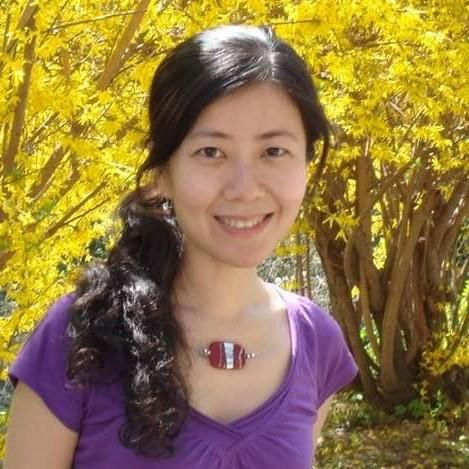Ying Qian
This book project is premised on the idea that transformative political action requires constant grasping and deliberation of changing political configurations, social contradictions, and divergent personal and communal experiences and interests. It draws from Chinese experiences of socialism and post-socialism to ask what has constituted “knowledge” - analytical, critical, tacit, cross-sectional - in social movements, and how media texts and technologies have shaped “teaching” and “learning” between communities and sites of experimentation and struggle. Chapters study theater acting as inter-personal relating through the case of the film actor, director and essayist Zheng Junli (1911-1969); the management of vernacular and (pseudo-)scientific knowledge of botany as political education in the 1950s; the reckoning with the Cultural Revolution and knowing the market economy in the 1980s; contemporary literature and cinema as media to build interethnic solidarity for cultural survival and environmental justice; and participatory social media as sites for political knowledge formation.

